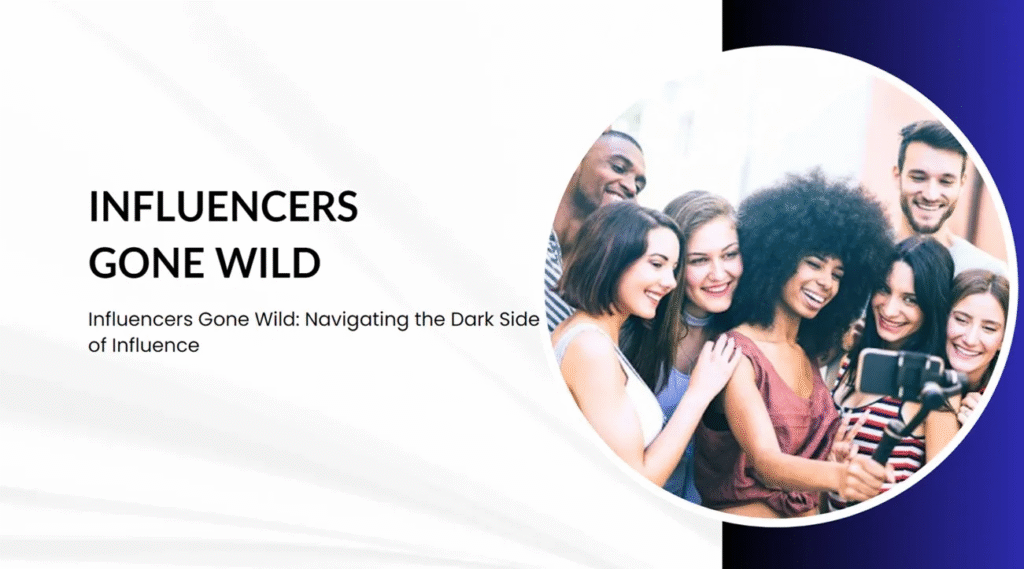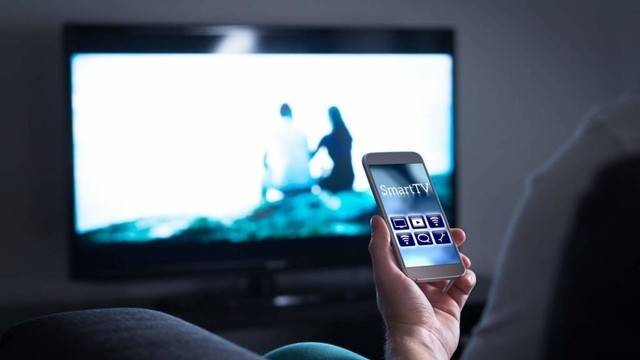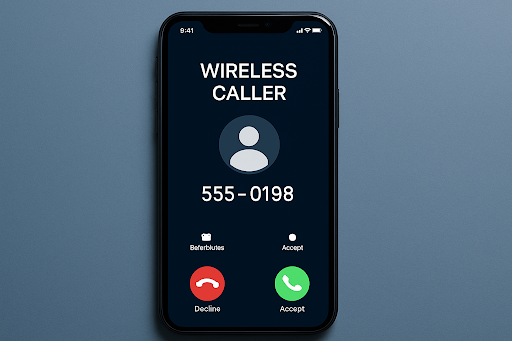
We inhabit an age where a viral video can turn an adolescent into a millionaire overnight. Social media has unlocked the door to all-encompassing fame, not through Hollywood or campaigning, but through your phone. But accompanying excellent reach comes great risk. An increasing number of influencers are crossing moral, legal, and ethical lines by means of likes, advocates, and sponsorships.
In this in-depth guide, we’ll reveal the unfiltered matter behind influencer culture, surveying by what method some creators, purposely or not, have spiraled into disputes that shocked the public and altered the social media landscape eternally.
This isn’t your conventional “cancel civilization” analysis. We’re going deeper into the pressures, inspirations, and consequences of growth under the influencer microscope.
The Rise of Influence: From Hobby to High-Stakes Career
Ten years later, influencers were mainly bloggers or YouTubers giving style tutorials or wager streams for fun. Fast forward to contemporary, and influencing is a mature industry valued at over $20 billion everywhere. Influencers begin merchandise lines, land film roles, and sway political assessment.
But accompanying celebrity comes pressure. The contest is ferocious. Standing out isn’t just urged, it’s essential. That’s where the “GoneWild” side of influence starts sneaking in.
What Does “Gone Wild” Really Mean in the Influencer World?
“Influencers Gone Wild” isn’t about nakedness or having fun (though consistently it is). It’s a fuller term that refers to when influencers cross bounds — constitutionally, philosophically, or ethically, in accordance with consideration or commitment.
Examples contain:
- Faking breakups or psychiatric breakdowns
- Pranking outsiders candidly, severely
- Selling scams under the pretense of sponsorships
- Posting hurtful or offensive “heated takes” for clout
These management aren’t just a joke, they’re a manifestation of deeper questions in digital civilization.
Viral Fame or Infamy? Real Cases That Made Headlines
Here are some absolute globe tales that explain “going untamed” can either soar or decrease a career:
- The “Fake Charity” Scandal: An influencer demanded to raise funds for accident relief, only to spend the money on expensive goods. Legal action was taken.
- Inappropriate TikTok Trends: Multiple inventors linked in hurtful styles (like consuming ironing pods or feigning to have impairments), all for virality.
- Relationship Fakery: Couples have arranged elaborate fake duplicity wrongdoings to catch attention, only to later concede it was all an act.
These tricks can work temporarily, but they frequently cost influencers their brand, purity, or even liberation.
The Psychology Behind Shock Content
Why do smart, profitable influencers make horrible selections? In many cases, the answer is dopamine.
Each like, comment, and share sends a reward signal to the intellect. Over time, inventors become increasingly compelled to consider, leading bureaucracy to increase their behavior to stay appropriate.
Combine this accompanying continual corresponding, tiredness, and online hate, and it’s easy to visualize how influencers engage in eras of negligent content invention.
The Role of Algorithms: Rewarding Risky Behavior
Here’s the hard reality: the more shocking the content, the more reach it tends to catch.
Social media algorithms supply instructions for confrontation, not ethics. So when an influencer posts an outrageous entity, the manifesto often rewards them for uncovering. This augments dangerous behavior, especially with young inventors, who find it difficult to grow.
It’s a digital response loop that strengthens clicks over shame.
The Ethics of Influence: Who’s Responsible?
When influencers leave the rails, who’s deserving of blame?
- The influencer, for making hurtful content?
- The public, for pleasing its accompanying views?
- The brands, for not checking the one they sponsor?
- The podiums, for allowing it to occur?
It’s a fuzzy, ambiguous region. What’s clear is that influence suggests blame, and many inventors don’t sufficiently appreciate the capacity (or hazard) they hold.
Legal and Financial Fallout from Online Scandals
Going growing for the wrong reasons can bring about actual results:
- Breach of contract: Brands drop influencers when they act incorrectly, resulting in missed gains.
- Lawsuits: Defamation, trickery, or misuse of means can cause legal trouble.
- Platform bans: Repeated breaches can bring about a report delay or constant bans.
Once trust is crushed, restoring a course in the influencer’s scope is intensely troublesome.
Followers, Fans, and Cancel Culture: How Audiences Respond
Today’s public is more experienced than ever. They can spot fake and insincere tears, performative regrets, and PR containment of damage or loss from a mile distant.
Some fans are faithful despite everything. Others turn directly, devising hashtags like #Unfollow or #Exposed. Cancel civilization grant permission to be disputed, but it’s an authentic force influencers must navigate.
Redemption is likely, but it normally takes truthfulness, opportunity, and a weighty act of change.
How Platforms Police (or Ignore) Wild Behavior
Most public manifestos have community instructions, but imposition is inconsistent. While a few producers are banned for minor violations, others get away with frequent defilements.
Why? Simple: big influencers drive grown confrontation. Banning them influences the terrace’s bottom line, so results aren’t forever proportional.
Many master trust platforms need liberated requirements or stricter governance plans to prevent unauthorized action.
Can Influencer Culture Be Fixed?
Influencer sophistication isn’t innately toxic, but it needs guardrails.
- Creators should be knowledgeable about media ethics, insane strength, and digital maturity.
- Brands must experience the one they work with and prevent permissive disastrous behavior.
- Platforms must prioritize security and completeness over clicks.
The goal isn’t to repeal authors, it’s to form a culture where genuineness, creativity, and accountability can coincide.
Final Thoughts
Influencers are as well entertainers, they’re managers, function models, and occasionally even educators. But when pursuing celebrity goes too far, it all goes wrong.
If you’re an inventor, relive: shock fades fast, but trust ends eternally. And if you’re a witness, support the voices utilizing their program for all time, not gimmicks.
FAQs
What describes an influencer gone wild?
An influencer gone stormy refers to things who undertake disputed or unethical behavior to gain consideration or supporters.
How do questionable actions influence an influencer’s career?
Such actions can bring about public backlash, a deficit of sponsorships, and unending damage to their prominence.
Are there allowable results for influencers’ actions?
Yes, influencers can face lawsuits for defamation, deception, or breach of trust.

